Pope Francis’s Death Leaves Argentina ‘Orphaned’: A Nation Grapples with Loss and Lingering Disappointment
The death of Pope Francis has resonated deeply within Argentina, leaving many feeling a profound sense of loss – not just as Catholics but also as a nation grappling with a complex history and unresolved feelings surrounding the pontiff’s decades-long connection to his homeland. While mourned by many as a humble and compassionate figure, the fact that he never returned to Argentina after becoming pope sparked considerable disappointment and fueled debates about his priorities and perceived neglect of his native country.
The initial outpouring of national pride upon his election in 2013 quickly gave way to a more nuanced sentiment over the years, particularly as Argentina faced significant economic challenges – including near-300% annual inflation and a sharp rise in poverty. Archbishop of Buenos Aires Jorge Ignacio García Cuerva described the situation as one where Argentina felt ‘orphaned’ of a father who had devoted his life to the entire Church but remained largely absent from his home nation. He stated, “Our parish were ‘orphans of a father who profoundly loved his country and had to learn to become the father of the whole world.'”
Born Jorge Mario Bergoglio in Buenos Aires, he left for Rome in 1958 to study for the priesthood. His absence from Argentina extended beyond simply not returning as pope; he consistently cited concerns about political instability and potential division within the country as reasons for delaying a visit. During his papacy, Francis made pilgrimages to four of Latin America’s five countries – Brazil, Peru, Colombia, and Mexico – but never to Argentina, despite repeatedly expressing a desire to do so. The Vatican’s reluctance was often attributed to a concern that any official visit might be exploited for political gain in the deeply polarized Argentine landscape.
The political divide in Argentina is stark, rooted in decades of conflict between supporters and opponents of populist movements like Peronism. The pontiff himself denied being a Peronist, stating in 2023, “If we had a Peronist conception of politics, what would be wrong with that?” However, this denial was seized upon by conservative detractors who accused him of aligning too closely with left-wing causes and failing to adequately address historical injustices. Javier Milei, the current President of Argentina, initially criticized Francis sharply before softening his stance following the pontiff’s death. He officially invited Francis to visit Argentina, a gesture now tinged with sadness.
Despite these criticisms, Pope Francis was deeply loved by many Argentines, often depicted alongside national icons like Diego Maradona and Lionel Messi in football stadiums. Social worker Alejandra Castro described the feeling of being ‘always present’ through his prayers, stating that “in one way or another, he was always there.” Even those who privately harbored reservations acknowledged his genuine interest in Argentina’s struggles, as evidenced by his reported detailed following of Argentine news and correspondence with priests like Gustavo Vera, a long-time friend. Vera recalled the Pope’s conversations about soccer, tango, and cultural events, highlighting a continued connection to his homeland despite his global responsibilities.
The declaration of seven days of national mourning underscores the profound impact of Pope Francis’s death on Argentina. The nation now faces the challenge of reconciling its complex feelings – pride in having produced such an influential figure with disappointment at his perceived neglect and a lingering sense that their ‘father’ had ultimately chosen to serve the world rather than remain rooted in his birthplace.
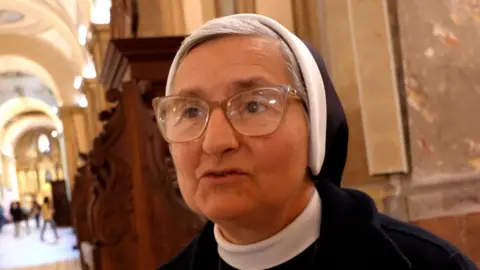
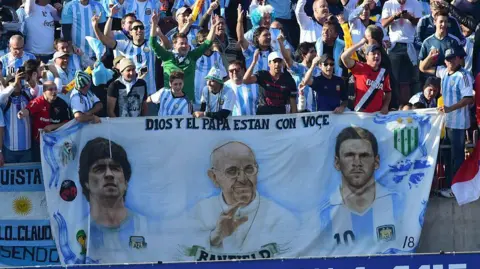
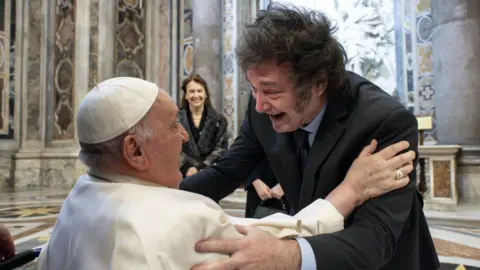

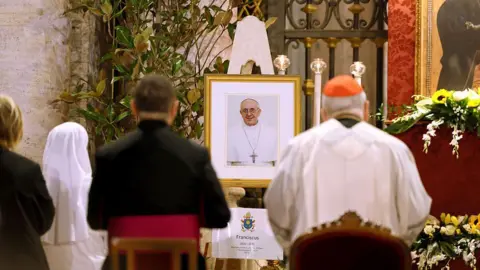
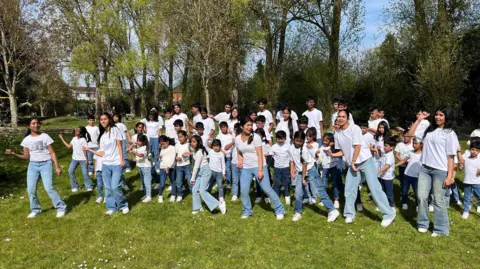
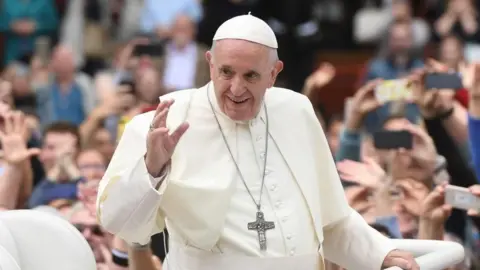
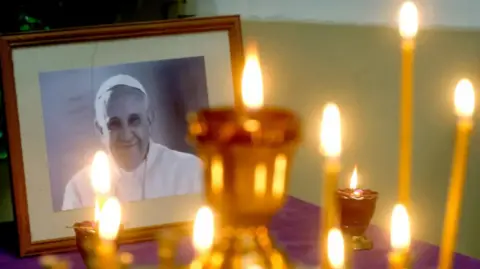
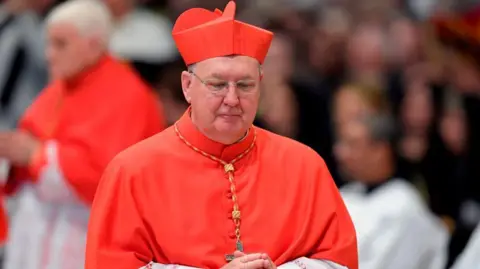
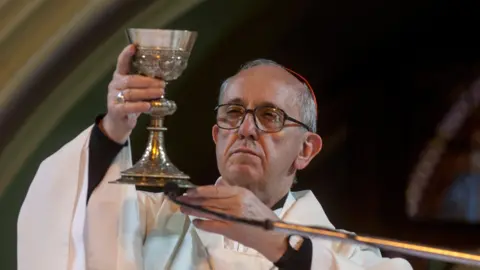
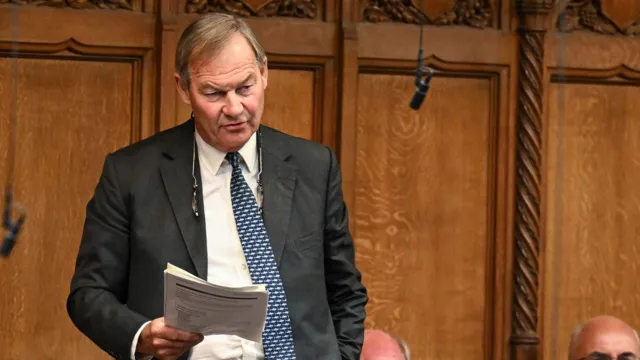

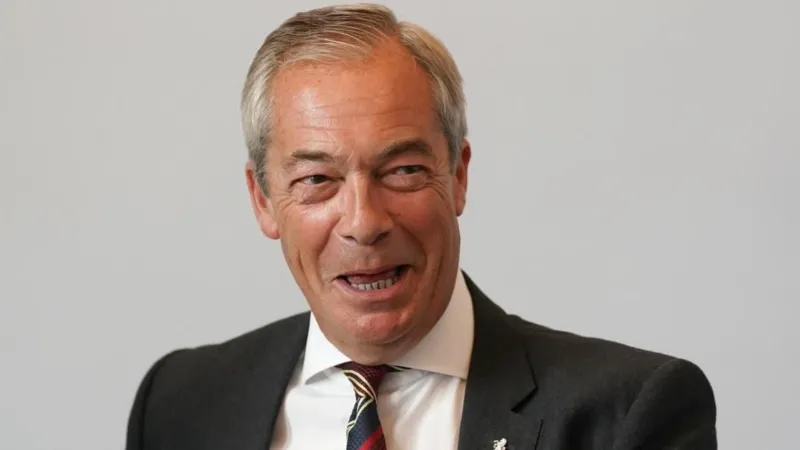
Post Comment